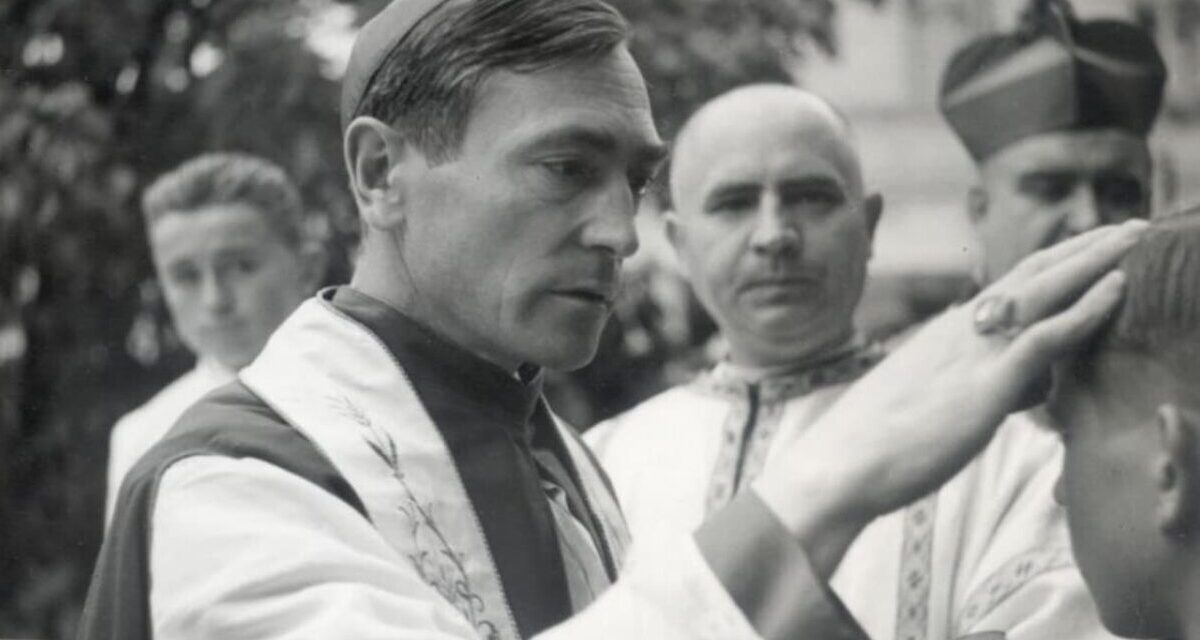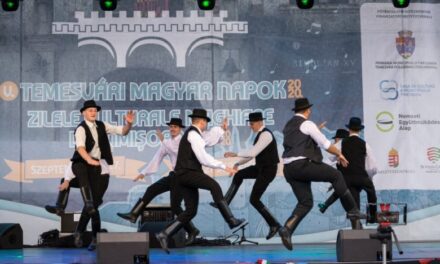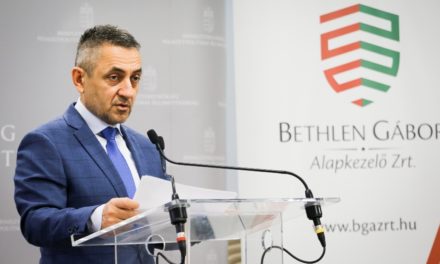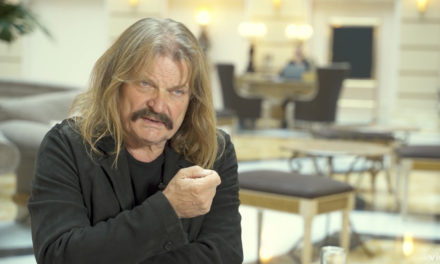Pope Francis has authorized the publication of the decree which recognizes that Bishop Áron Márton practiced the sanctity of life to a heroic degree, so the former Transylvanian bishop will no longer bear the title of Servant of God, but the Venerable, Gergely Kovács, Archbishop of the Roman Catholic Archdiocese of Gyulafehérvár, announced on Wednesday. .
"On Christmas 1938, the diocese of Gyulafehérvár received a great gift: on December 24, 1938, it was appointed XI. Pope Piusz appoints Áron Márton as county bishop of Gyulafehérvár. After 86 years, albeit in a different form, our archdiocese received Bishop Áron as a Christmas present," said the head of the archdiocese in a statement reporting on the decision of the head of the Catholic Church.
Based on the positive decision of the committee of cardinals and bishops of the Dicastery for the Affairs of the Saints, Pope Francis allowed the start of the second stage of the canonization process,
during which the initiators must present to the Holy See a miraculous prayer hearing that took place through the intercession of Bishop Áron Márton.
Gergely Kovács expressed his gratitude to Pope Francis and to all those who have contributed to the progress of the case since the beginning of the process of canonization of Bishop Áron Márton in the first days of 1990, among them Ms. Postulator Cristiana Marinelli, who was entrusted with the official representation of the process of canonization of Bishop Áron Márton last year.
"Let's pray to the Venerable Bishop Áron Márton and ask that a demonstrable miracle will happen through his intercession that will enable him to be beatified as soon as possible," concluded the Archbishop of Gyulafehérvár.
Bishop Áron Márton, who led the Roman Catholic Diocese of Gyulafehérvár between 1939 and 1980, was one of the most outstanding figures of Hungarian public life in Transylvania in the 20th century. In 1944, he spoke out against the deportation of Jews, for which in 1999 the Yad Vashem institute in Jerusalem awarded him the title of Righteous One.
Áron Márton also took a stand against the communist power. He was arrested in 1949, sentenced to life imprisonment in 1951, and released in 1955 under international pressure. From 1956 to 1967, he was not allowed to leave the building of the Gyulafehérvár bishopric, but he was allowed to receive visitors.
During his bishopric, the Transylvanian Roman Catholic Church did not enter into a concordat with the Romanian communist state.
The Transylvanian Roman Catholic bishop Áron Márton was already venerated as a saint during his lifetime, and more than three decades ago there were initiatives to declare him a saint, but until now no decision has been made on his beatification.
MTI
Cover image: Servant of God, Áron Márton in 1940
Source: Wikipedia













